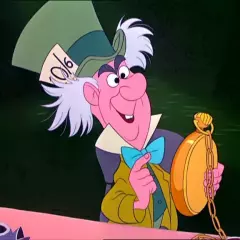Lessons first or just dive in?
-
Recently Browsing
- No registered users viewing this page.
-
Topics
-
Posts
-
Lets give it to the end of this month to get all the votes in, then we can call it?
-
OK, I have created a solution to the above, I have made a fake protonmail account, if you PM me I can send you the password, just click on the contact link and enter your information, this should be as secure as it gets: Website: Link Login: email as highlighted in above screenshot WRTArk @ Proton. me Password: ..........PM me and I'll let you know Only intend to use the contacts function, not the email or anything else - we are all grown ups, please act responsibly.
-
By eccentric59 · Posted
I went with 8.90£ because 12th century Italian mathematicians are always excellent topics to bring up when trying to get your guests to go home. -
As a beginner, I’ve found this forum invaluable. I doubt I would’ve persevered without its support. I’ve had the confidence to attempt things that seemed to me impossible only because I knew there were patient and giving folks gathered around this watering hole, available to share their skill. I would very much like to know where to go if this one dries up and everyone needs to decamp. There’s something special about the folks gathered in this group. How to keep in touch?
-
By eccentric59 · Posted
After a 3-week work fiasco that took up 137% of my time, I was finally able to get back to restoring a G. Boley 8mm lathe I picked up on eBay. I still need to do a bit of polishing on the tailstock but it works very nicely. Before and after pictures below. In any case, when I was reassembling the motor I wasn't quite sure which side the pully attached to, or if it matters. My question is ... does it matter? The listing photo below shows it the reverse of how I have it now, but it seemed that the cord and the reversing lever(s) should be on the right away from the belt.
-






Recommended Posts
Join the conversation
You can post now and register later. If you have an account, sign in now to post with your account.
Note: Your post will require moderator approval before it will be visible.